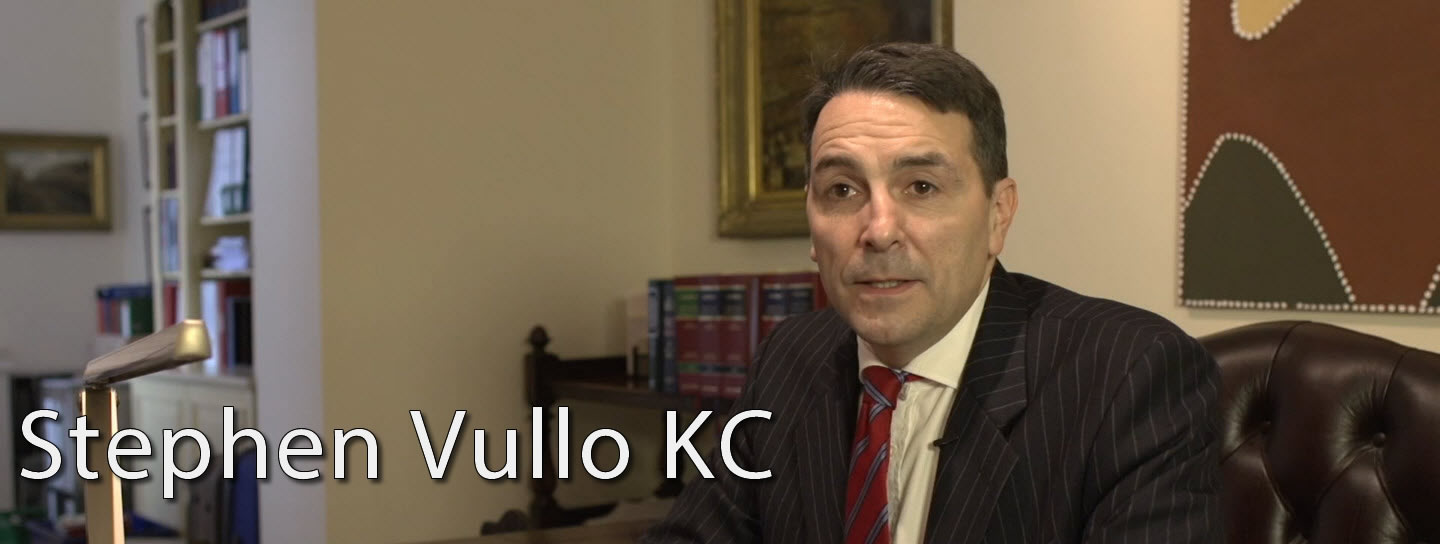A district judge had failed to appreciate when deciding to retain jurisdiction to prosecute a young offender in the youth court for child sex offences that an amendment to the Powers of Criminal Courts (Sentencing) Act 2000 s.3B introduced by the Criminal Justice and Courts Act 2015 s.53 was not in force when he made his decision.

